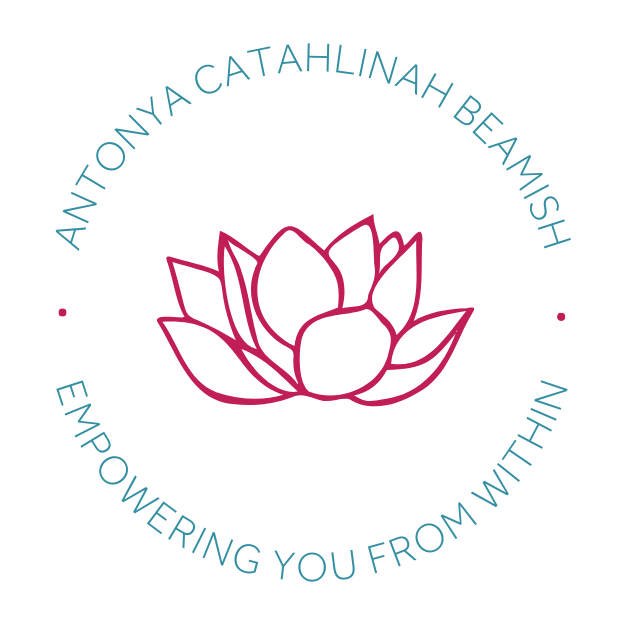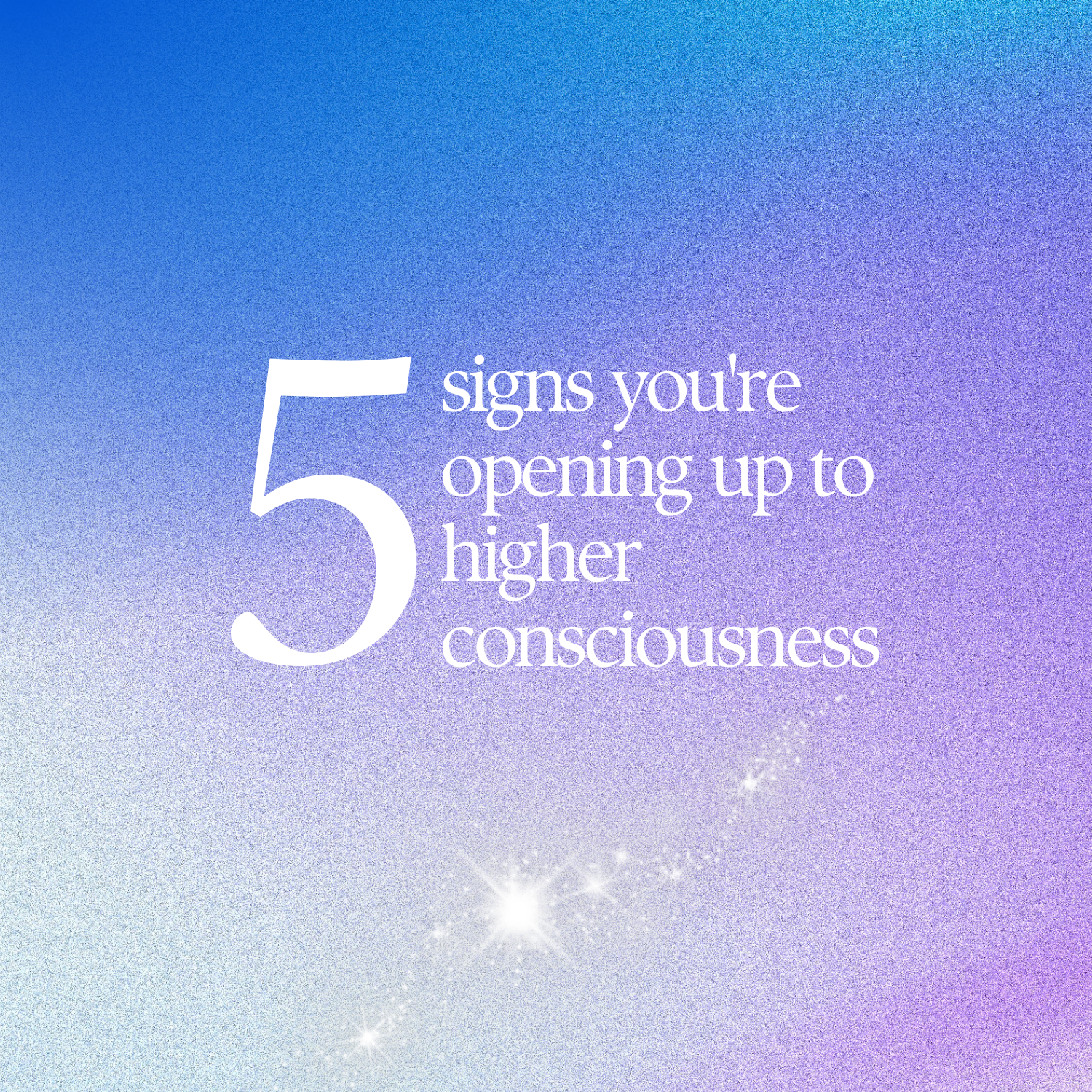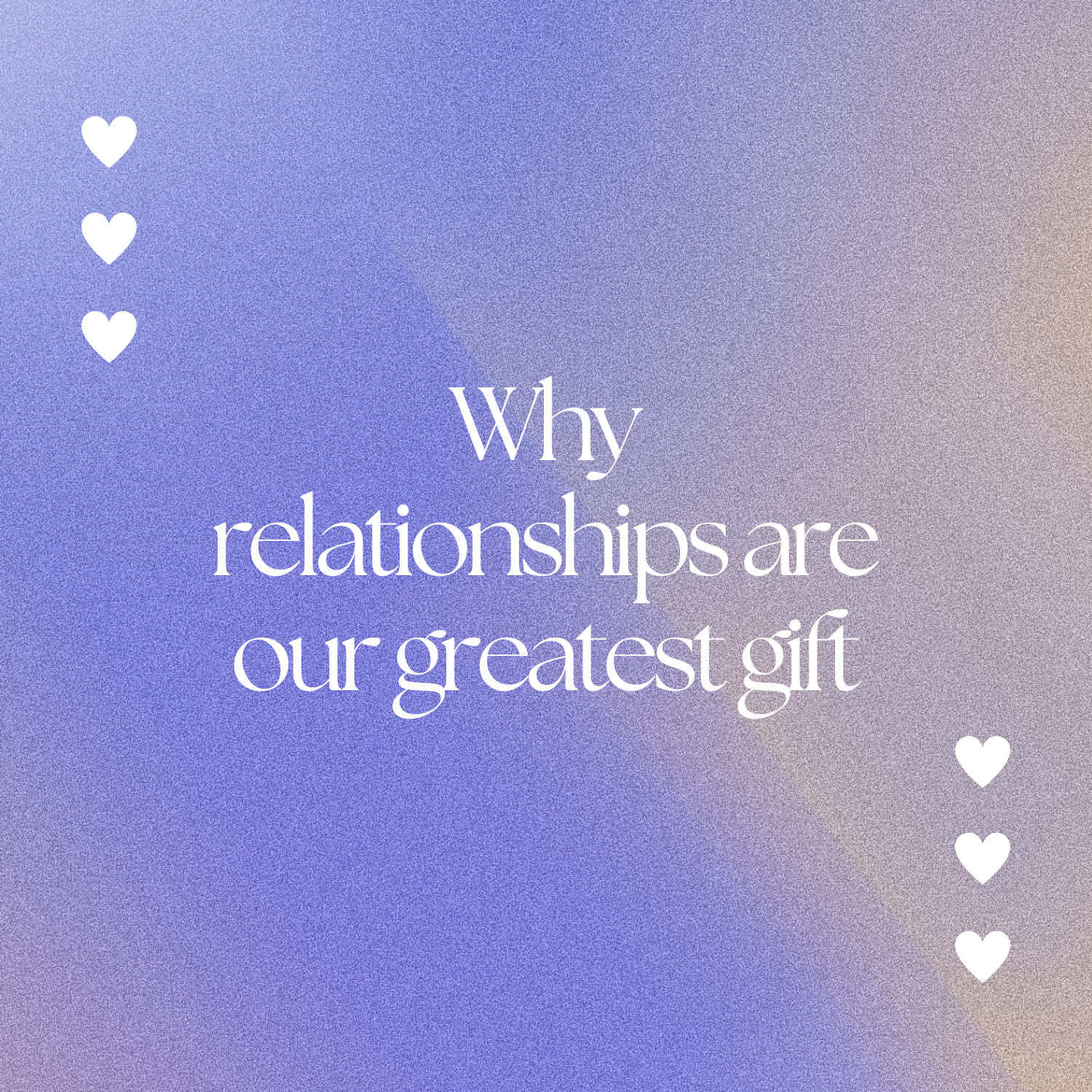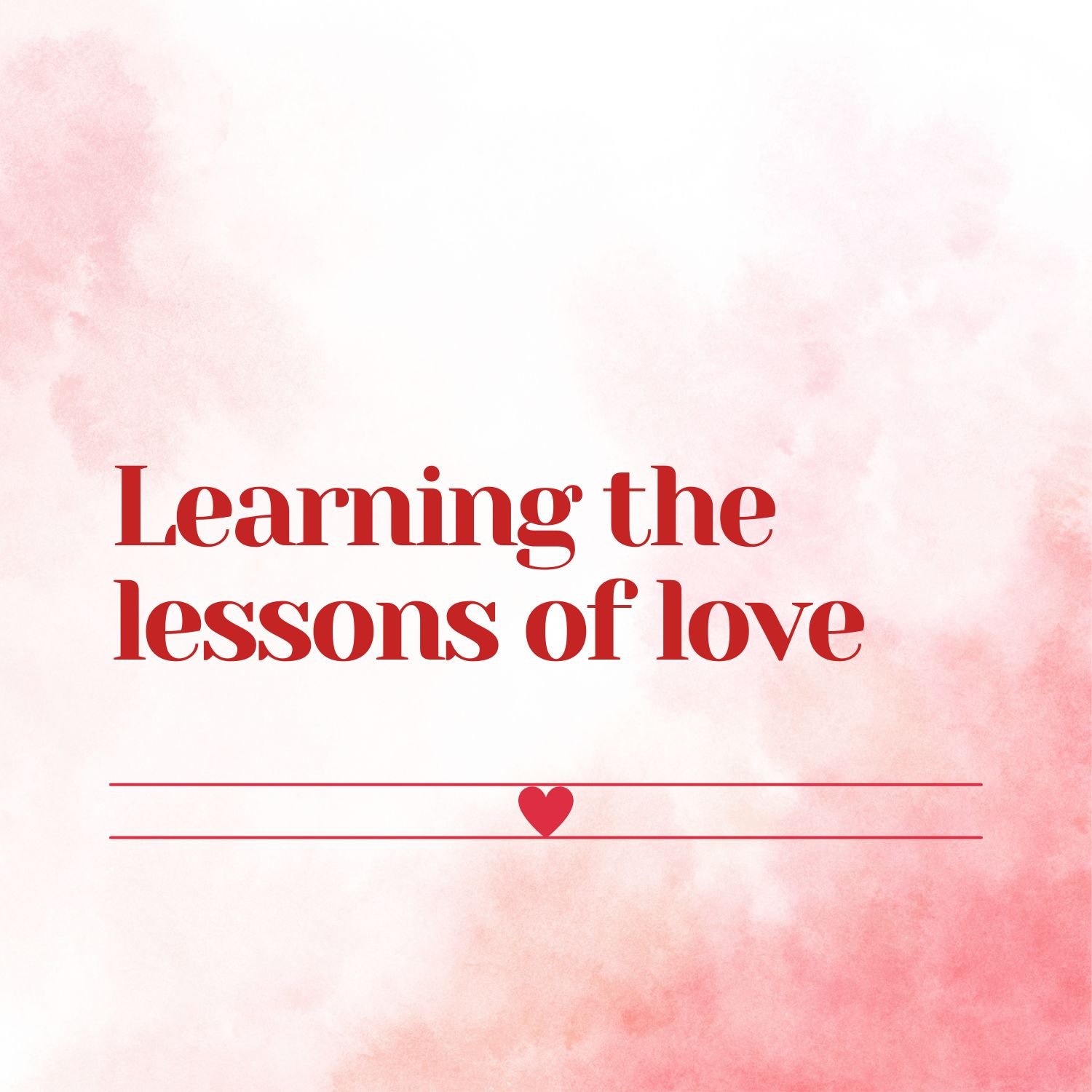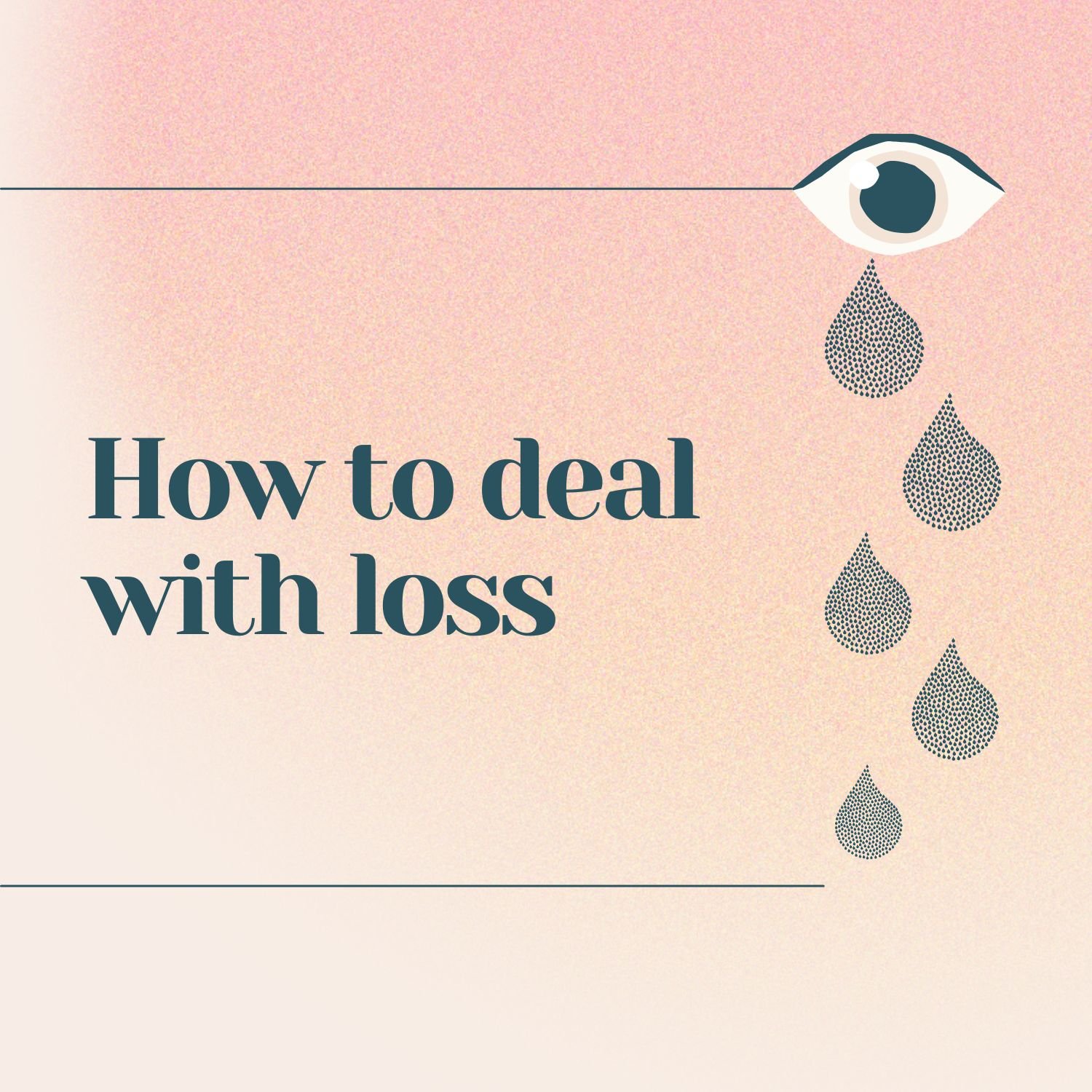Are you masking your emotions?
We all mask our emotions for a number of reasons.
Sometimes we’re aware of these reasons and other times we’re completely unconscious to them.
Often, we mask how we really feel in order to protect ourselves. We know that if we really face up to how we’re feeling, it may be too much for us to handle. So, we push our emotions to one side.
In our society, it’s a deep-rooted belief that expressing emotional stress is a sign of weakness. Yes, the stigma of talking about mental health may be gently receding, but the rot of this lie runs deep into generations and generations behind us.
Other times, we mask our emotions to protect others. We don’t want to be a burden to those we love, so we turn inwards, letting our emotions build up but feeling unable to share them and let those who love us help us carry the load.
Feeling like a burden is a very common way to feel. In this state of mind, we tend to bottle everything up, unable and unwilling to share with those around us due to those feelings of guilt that we’re laying too much on the shoulders of others.
The shame of sharing our emotions
Often, we feel an element of shame with our emotions. Especially if we’ve curated a surface image of togetherness, efficiency and balance.
It is often the most seemingly capable amongst us, the ones who look like they can juggle the ups and downs of life and not break a sweat, who feel the most unable to share the heavy emotional baggage that is secretly weighing them down.
It’s also those with many responsibilities, perhaps in busy jobs, running businesses or parenthood, who find themselves at that breaking point when the weight becomes too heavy. This is when we feel the shame to admit that everything is not as perfect as it seems.
Of course, it’s not perfect. That image of perfectionism is the boldest of lies. Life is bloody and messy, complicated and overwhelming. To believe otherwise is insanity. We need to take that weight of perfectionism and high expectations off our shoulders and breathe.
There might also be a layer of guilt when we all we have ever wanted yet are feeling completely unable to cope.
The role of toxic positivity and comparison
There is a danger to thinking that because our lives are so good by comparison to others, we automatically need to be happy.
I call this the dark side of comparison. It’s comparing our lives to those who are worse off and thinking that we don’t have any right to feel sad, angry or fearful. This is what forces us to mask our emotions and hide our feelings, because, when we feel emotions that we don’t feel like we have a right to feel, we feel guilty and ashamed.
We may also feel silly and ridiculous for complaining about things that are so unimportant in comparison to the problems of the world.
This leads us into a state of toxic positivity, where we fake our gratitude and positivity in order to assuage that guilt.
Yet, we are allowed to feel emotions, whatever our circumstances. The only thing we want to avoid is slipping into a state of victimhood. It’s very easy to recognise and we all wallow there from time to time but it’s really something to avoid because it’s so deeply disempowering.
The key is to accept our emotions but not let them disempower us.
Victimhood tells us we’re weak, we have no responsibility and everything happens to us, not for us. This really couldn’t be less true. We are strong, we are responsible for our lives and life happens for us, not to us. We are not incapacitated passengers on this trip, we are co-creating-manifesting-warriors of the Divine.
Own your place here.
How to know if you’re masking your emotions
There are a few ways that you know when you’re masking your emotions. I should know, I mask mine. In fact, we all do.
If you feel like you’re on the verge of tears, like your emotions are just under the surface and likely to pop up at any inconvenient moment, then you know you’re wearing a mask.
It can take a kind word from a stranger or through making a simple mistake, any situation that we can usually handle, that can cause us to burst into tears. This comes from bottling up our emotions. There’s nowhere for the pressure to escape except out the top of the bottle, which is your tears.
Another key sign is feeling irritated and snappy. Getting annoyed at the slightest thing going wrong, feeling highly strung out and on the verge of breaking into an angry rage at any moment, shows us that stress is lingering under the surface.
Feeling drained after social events of any kind can also be a sign that we’re masking how we truly feel. When we wear our mask in the outside world, which is often what we do when we socialise, it can be extremely tiring. The effort of conversation, smiles and laughter can be a heavy burden when we’re feeling low.
Rather than let others see our emotional state, we hide it behind smiles, then when we get home, we collapse in exhaustion.
The last thing we do when we’re masking our emotions is we retreat into ourselves. Rather than admit to ourselves, and others, how we feel, we bury inwards. There is often an accompanying feeling of sadness though it’s not a sadness we’re really conscious of. In this state we tend to lick our wounds and avoid others, retreating into our work, our own company and our thoughts.
How to let the mask down
If you recognise these signs, there are some lovely ways to find release and restore balance, which is something I wrote about recently.
The first thing to do is to get those emotions out and understand how you’re really feeling. I find that I have to be on my own to do this, sitting quietly, for them to reveal their true selves. Often, I might feel anger that is really hiding a fear. Or I might feel anxiety that is hiding a deeper sadness.
Writing our thoughts down can be hugely helpful, whether it’s jotted down notes, a spider diagram or lines in a journal. Pull out your emotions and splash them on paper to see their true colours and shape. Fear has nowhere to hide when we shine our light on it.
I also recommend lowering your mask with someone you trust. It could be a friend, family or anyone who knows you and can let you be your true self. Talking is so powerful and getting an outside perspective or opinion can free us from the prison of our own minds.
Just remember, you are not a burden for leaning on others. They too will have to lean on someone at some point. It’s all one big circle of humankind leaning on each other.
So lean, and let yourself be held.
Want to receive the latest blog posts straight to your inbox? Sign up for my newsletter and you’ll also receive your FREE ‘Discover Your Fear Saboteur’ guide, the ultimate guide to identifying the fear sabotaging your potential!
